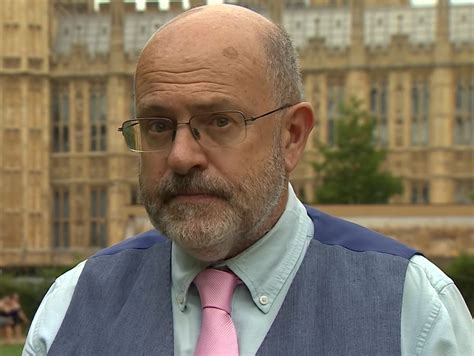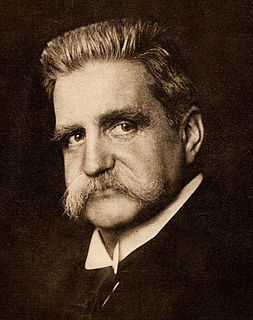A Quote by Kshama Sawant
When the New Deal programs were passed in the mid 1930s, millions of workers were joining unions, striking, and occupying factories to fight for a better life. It was this radical labor movement that forced the establishment to make concessions.
Related Quotes
Whether we're talking about the New Deal or the Great Society: they didn't come about because they wanted to buy people off with "hush money." They were the outcomes of struggles. They were the outcomes, in the 1930s, of a viable socialist-communist movement. They were the outcomes of a viable workers' movement. FDR didn't give in because he wanted to shut people up, he gave in because he was under pressure. He had no choice.
Labor has been severely undermined, but that's happened before. In the 1920s, the labor movement was virtually crushed, in large part by Wilson's Red Scare, but it dramatically revived in the 1930s. It spearheaded the social-democratic New-Deal style changes which were beneficial to the country - not sufficient, but beneficial. That could happen again.
The New Deal never rethought the draconian racist immigration restriction policies of the 20s, of course, but its electoral base rested significantly on "ethnic" voters, whose activism was both hemmed in and rewarded by the Democrats. Southern and Eastern Europeans were included as secondary leaders of the new industrial unions, and as entitled citizens qualified for social security, unemployment compensation, and fair labor standards protections, even as workers of color were largely left out of key areas of the welfare state.
In the mid-1980s, however, the Estonian TV programmers came up with a clever idea: they asked Moscow for millions of rubles to make propaganda in Estonia to fight the Finnish programs' popularity. They got millions from the government, but what they made was not propaganda at all! They simply made good, entertaining programs - no one in Estonia recognized them as propaganda, only Russia thought it was, so they got away with it. Of course, Russia provided their own propaganda programs, but Estonians knew to avoid them.
Labor unions have a long history of benefitting all workers, even those who are not members of unions, because everyone's wages go up. If we don't increase membership - and membership in labor unions is going down because of the attacks against organized labor - it's something every single American, whether they're officially in a union or not, should be concerned about. It's a spiral. It's a weakening of the middle class and our economy can't sustain that.
Many of the original New Deal programs required heavy manual labor. WPA workers built hundreds of schools, health clinics, roads, park facilities, and community centers. Much of what we now call our 'infrastructure' - highways, buildings, power plants, etc. - is here thanks to thousands of WPA workers.
At the time there was a hospital strike in New York and the Catholic hospitals were part of a general consortium, and the head of the consortium had decided that they were finally going to replace some of the striking workers. And I hear [John] O'Connor yelling, `Over my dead body will you replace any of those workers! They have a right to strike.' So I figured, `This is interesting.'




































